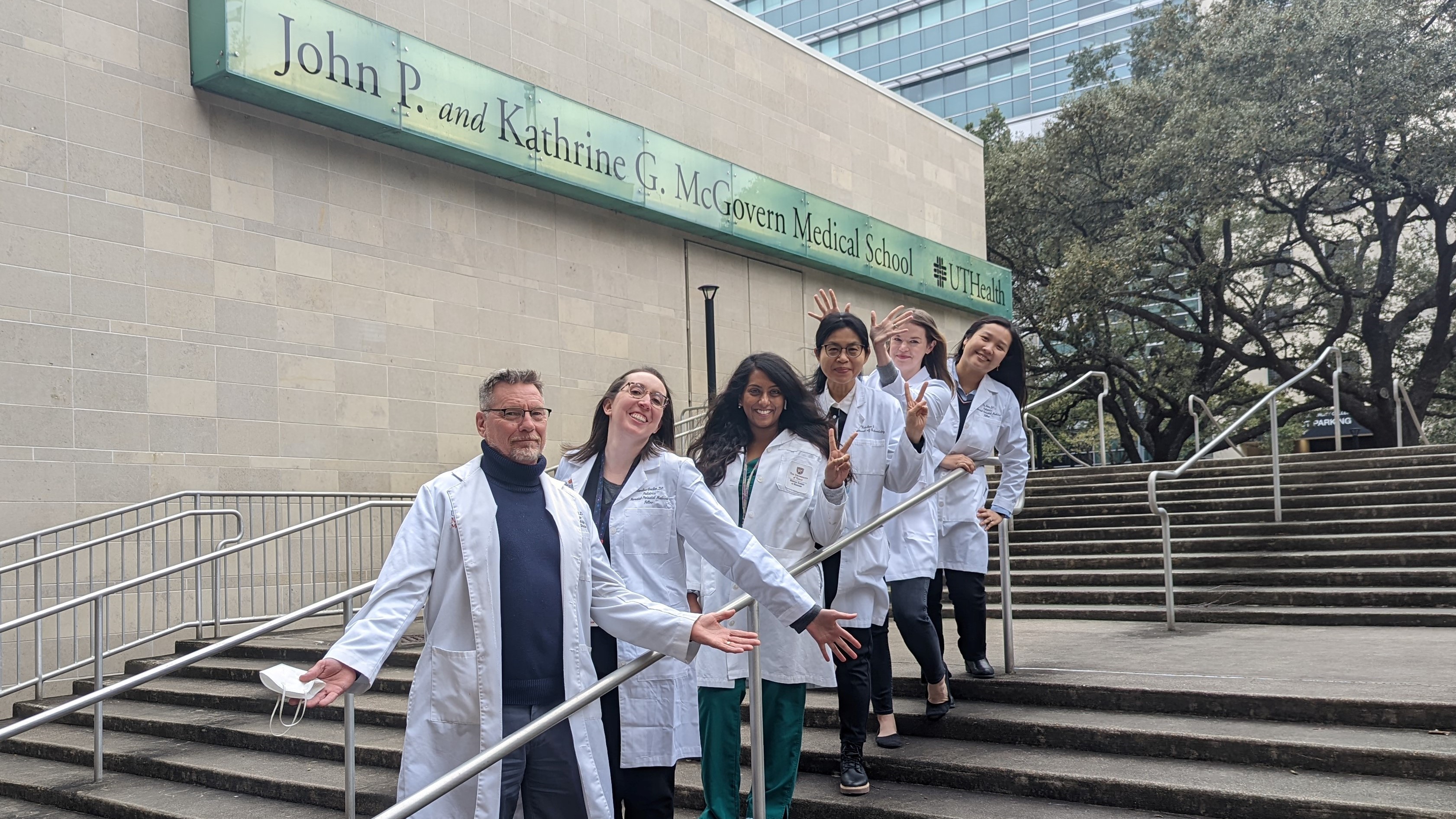SP-A Research Lab

The Alcorn laboratory has a long-standing interest in the regulation and function of pulmonary surfactant proteins, specifically surfactant protein A (SP-A), in the context of the neonatal lung. Due to observations in the laboratory, our interests also encompass extra-pulmonary roles of SP-A in breast milk and the neonatal intestine.
Premature birth is a precarious event in the life of an infant. Immature lungs may require high levels of oxygen that can lead to excessive inflammation and pulmonary damage. The immature intestine is predisposed to develop necrotizing enterocolitis (NEC) in which excessive inflammation can lead destruction of the bowel. SP-A has immunomodulatory roles (both anti- and pro-) in the lung and expression/detection of SP-A occurs outside of the lung. Our lab investigates the role(s) of SP-A in modulation of inflammation in neonates using murine models of acute hyperoxia, NEC and brain injury with wildtype and SP-A-deficient mouse strains. Our mission is to define mechanisms by which SP-A modulates inflammation resulting from disorders occurring in prematurely-born infants with the goal of developing future therapies.
Contact Information
6431 Fannin Street | MSB 3.622 lab | Houston, TX 77030
713-486-6096 office
713-500-5692 lab